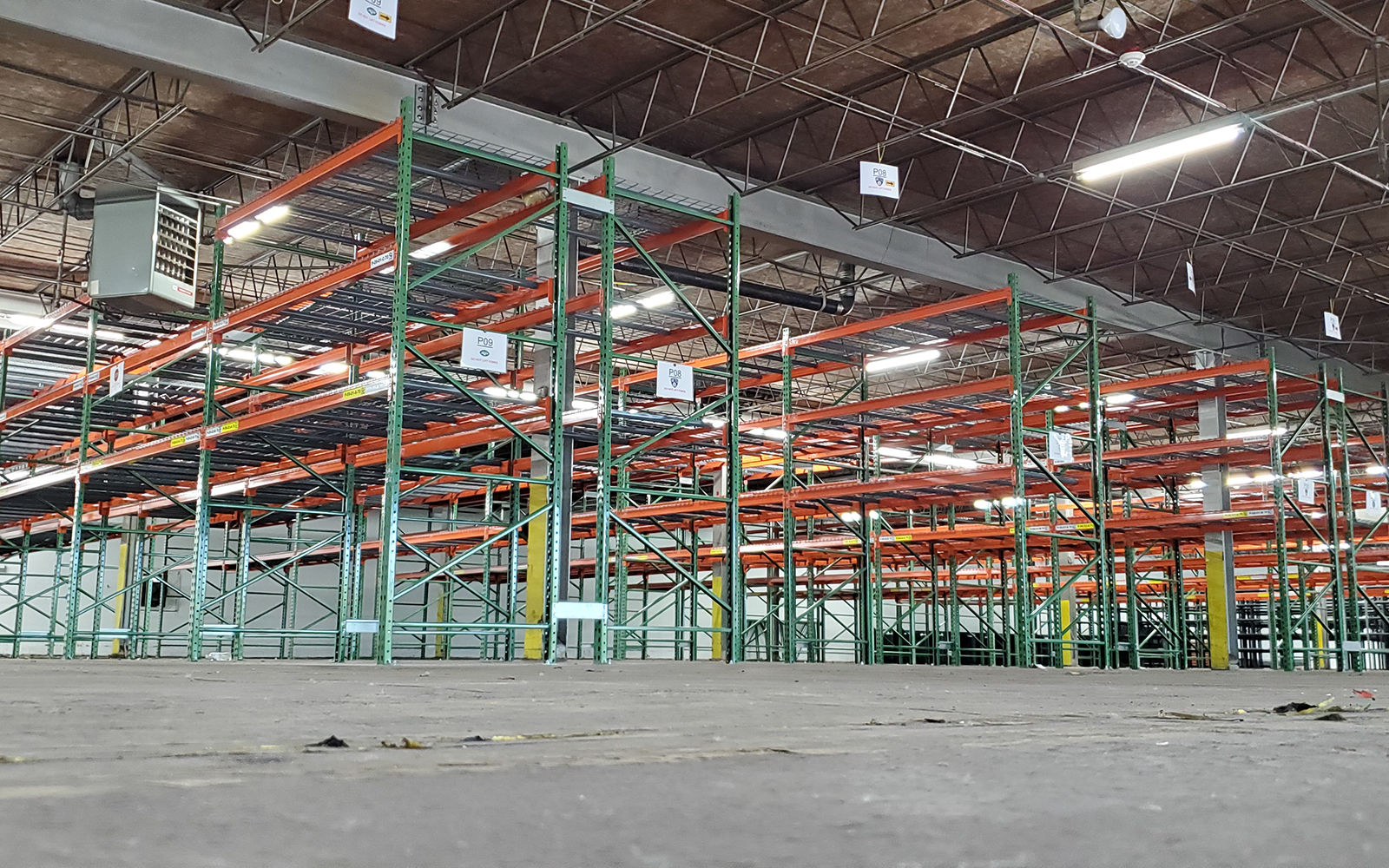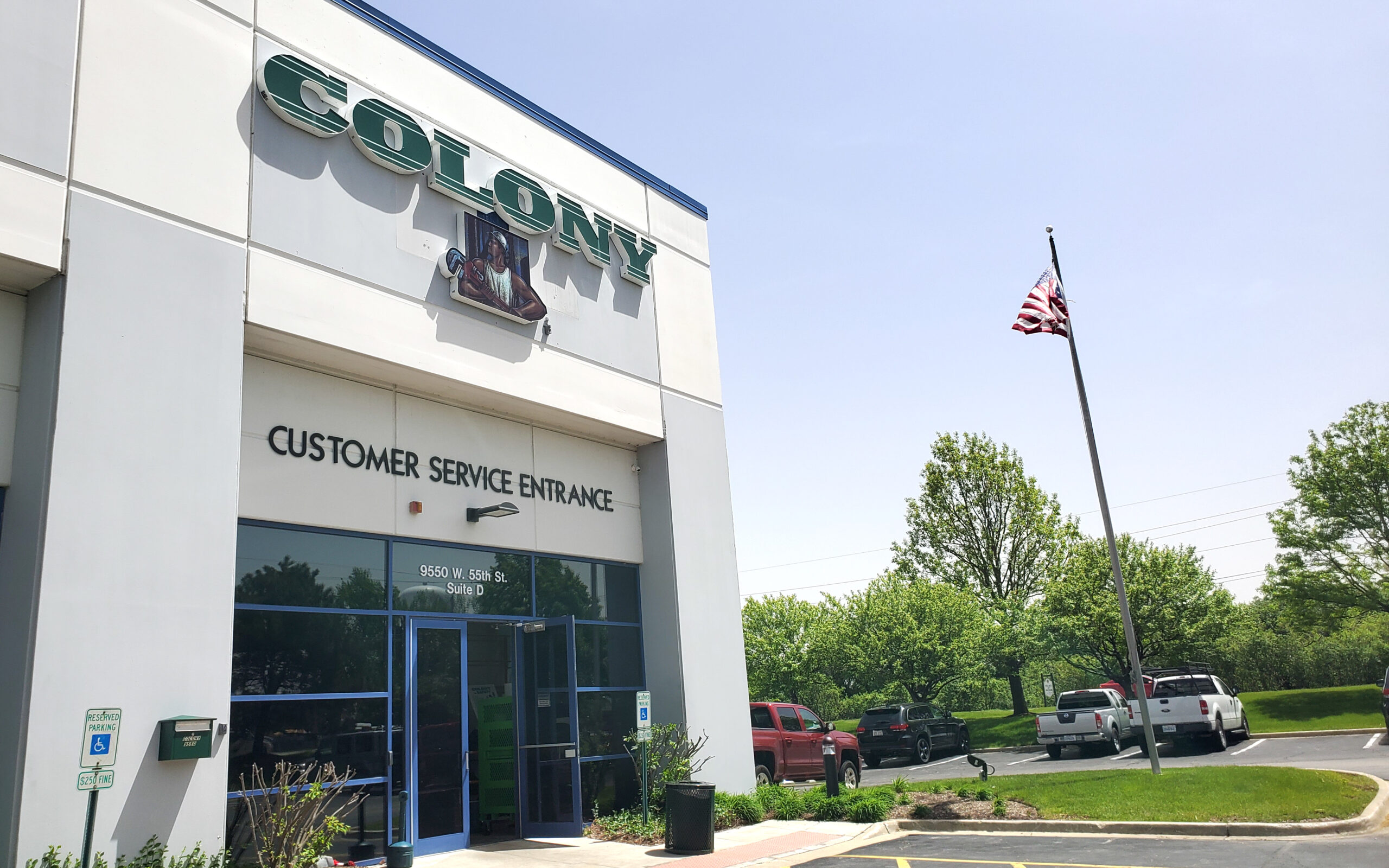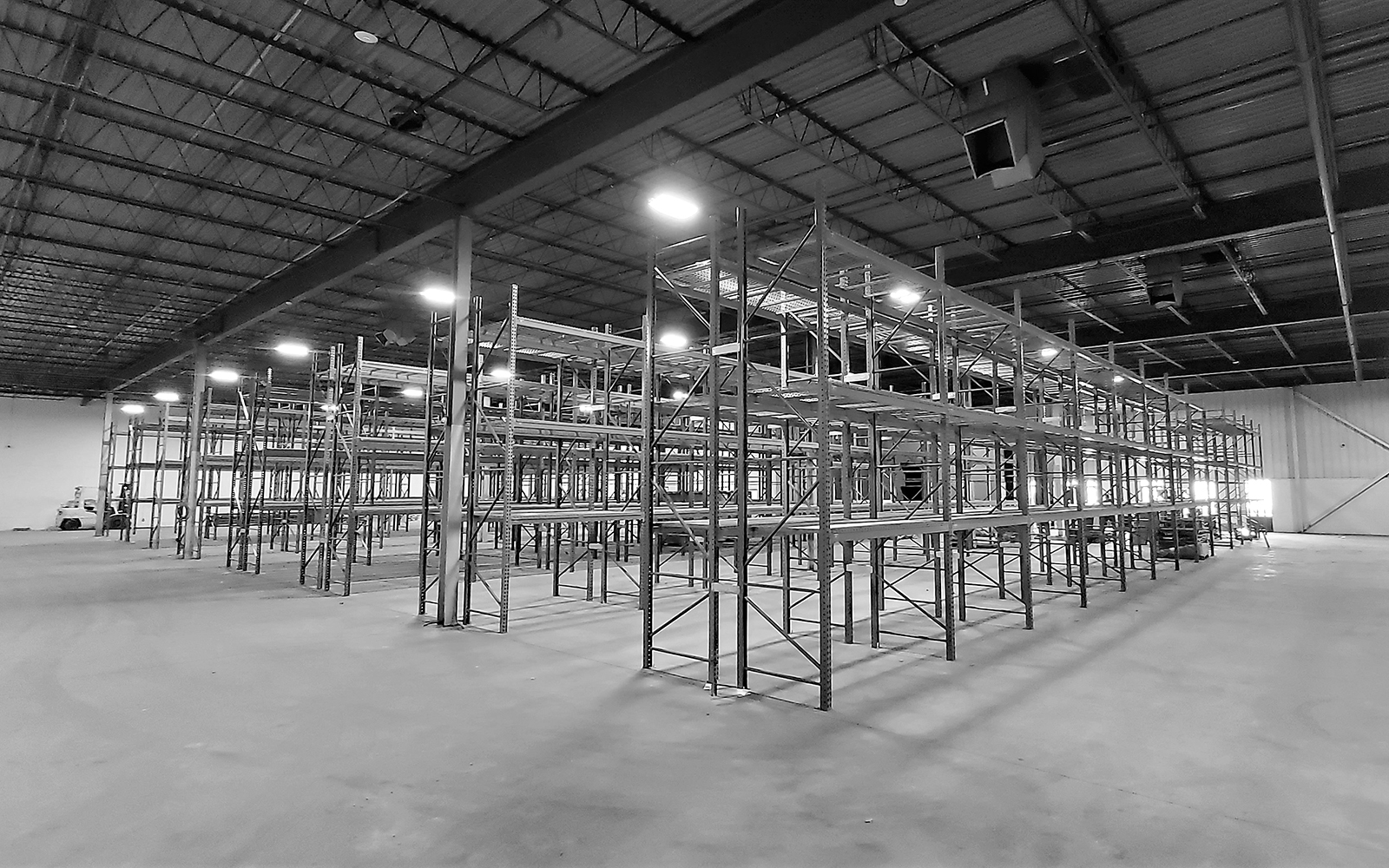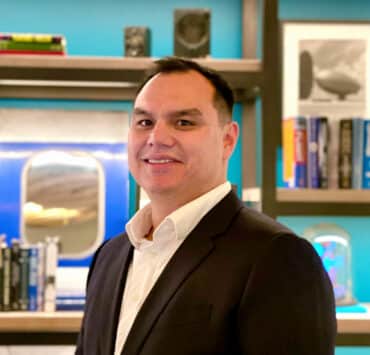|
Getting your Trinity Audio player ready...
|
As a hands-on leader, Cindee Burns never hesitates to jump in and complete a task, no matter how big or how small.
“Sometimes, you have to get down in the dirt and get dirty,” Burns notes. “There are times when we may be short-staffed or I may not have folks to help me out with something, but if I need something shipped, I will actually pack a box, create a UPS label, and make sure it gets to its destination.”
Her willingness to do the work is just one of the ways Burns builds rapport with her team at Colony Hardware, the construction supplies and services company where she serves as director of facilities and safety. She also strives to remain attentive to the unique needs of the company’s locations across the country and to keep safety and sustainability front of mind as the organization grows.

Courtesy of Colony Hardware
Burns brings a wide range of experience to the table at Colony. She studied interior design at the Fashion Institute of Technology and spent time in the insurance industry thinking about design in the context of property claim adjustments. However, her earliest exposure to construction came before all that, at a residential general contractor in Greenwich, Connecticut.
Since joining Colony more than six years ago, Burns has honed in on a number of differences between residential and commercial construction. Fortunately, there are just as many similarities, including the importance of exercising creativity and cultivating communicative customer relationships.
“When I worked in residential, we collaborated closely with our homeowners,” says Burns. “It’s the same on the commercial side. When I do a new warehouse or a new showroom or a renovation for one of our branches, I’m speaking with our operations managers and our branch managers to figure out what actually works for the types of material they’re storing and for their processes.”

Burns applies the same approach when it comes to new facilities. Although she has ideal building specs in mind during the facility search process, she turns to local teams for insight into commuting accessibility and traffic patterns in the area.
In addition to expanding Colony’s overall facility footprint, Burns has recently led efforts to relocate existing facilities in the Philadelphia and New York City metropolitan areas. “We relocated our facility from the Bronx to Mount Vernon, New York,” she says of the latter location. “Now we have a really nice five-thousand-square-foot showroom and office space, but it’s very dated. That’s going to be a fun project to oversee because it’s a bigger buildout than we’ve had in a while.”
Burns typically manages two to three large-scale projects per year, on top of smaller renovations such as an ongoing office buildout at company headquarters to accommodate the growing corporate staff. Her day-to-day runs the gamut from ensuring building compliance and managing assets to introducing sustainability initiatives around LED conversion and recycling. “I’m really trying to get my arms around what we can do that is not overly costly in terms of capital but that will actually help our operating expense while also being good for the planet,” she notes.

Burns has taken a strong stance on the safety front as well. She holds monthly calls with Colony’s eighty-member safety committee, and she hired a safety specialist to assist in the creation of policies and procedures to protect employees in the workplace. “It’s about driving a safety culture,” she says. “Safety can be a lot of compliance and paperwork, but we have people out there who are really engaged and committed to making it fun for their peers, and we’ve had a great year in terms of successfully driving down our total recordable incident rate.”
Whether she’s steering safety committee meetings or advising on buildouts, Burns centers her leadership style around her collaborators. “A big part of it is really listening to the people you’re working with,” she explains. “While the branch managers and office managers don’t technically report to me, they still look to me to be a key decision-maker about what’s happening in their branches. In return, I try to hear and understand them and let them verbally work through problems.”
Just as she takes the time to understand her colleagues’ wants and needs, Burns practices patience when she encounters an obstacle at work. “If it’s a big challenge, it can come with a lot of emotion, so I will take a step back to think it through,” she says. That pause turns challenges into opportunities for innovation. “I try to figure out a way to dig under it, go over it, or go around it. No challenge is permanent.”
In some cases, a solution takes the form of more time or more money. Other times, the only thing needed is for Burns to roll up her sleeves and get her hands dirty.
Cresa is the world’s leading commercial real estate advisory firm that exclusively represents occupiers and specializes in the delivery of fully integrated real estate solutions. Delivered across every industry, Cresa’s services include transaction management, workplace solutions, project management, consulting, lease administration, technology, capital markets, and portfolio solutions. In partnership with London-based Knight Frank, Cresa provides service through 16,000 people, across 380 offices in 51 territories. For more information, please email Ashley Snyder at asnyder@cresa.com.

